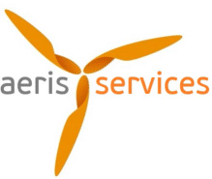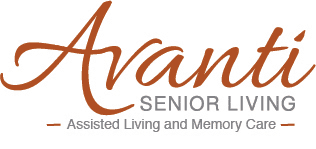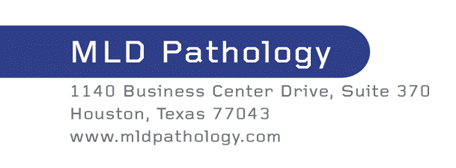 As the COVID-19 pandemic persists, employers continue to deal with unprecedented employment challenges. More often we are hearing a concern that many employees are requesting socially distant work accommodations based on their own concerns over underlying health conditions, fear or reaction to the experience of friends or family who contracted the virus, or loved ones lost as a result.
As the COVID-19 pandemic persists, employers continue to deal with unprecedented employment challenges. More often we are hearing a concern that many employees are requesting socially distant work accommodations based on their own concerns over underlying health conditions, fear or reaction to the experience of friends or family who contracted the virus, or loved ones lost as a result.
This creates a paradox we’re not well equipped to handle. How do we qualify a request to work from home or request for a leave of absence as a want or a need? Many employers are conflicted. There is a genuine need to keep the business running while balancing respect and care for their employees.
The situation is further convoluted by factors the employer has no control over at all, such as what the employee chooses to do in their personal time away from the office, where they go, who they spend time with, and are those interactions creating just as much risk for the employee as coming to work or going to the gas station?
What is the best way to work through these situations? The short answer: it depends. It’s important to keep in mind that every situation is different and requires a unique, tailored solution, but there are some general factors to consider consistently across every situation that can help you establish a baseline response that is fair and intentional for all employees. Let’s take a look at what should be considered before making a decision.
Factors to Consider
- Can we alter the role to work effectively and efficiently from home?
Is the employee able to work from home, even part-time? If the answer is yes, we encourage employers to develop solutions that can be managed while staying productive and effective for the business needs of the company. We also encourage setting a time frame and regular check-ins to reassess the arrangement. This is a temporary fix, not a permanent one, so don’t allow the illusion of permanency; make it clear from the beginning this is only temporary and up to the employer as to whether or not it continues. While we may fully trust and understand the employee’s situation, others might try to take advantage of your kindness as an employer. Having this understanding in place upfront is key to maintaining control of the arrangement.
- Does the situation qualify for Americans with Disability Act (ADA) protection?
The next factor to consider is whether or not to implement the ADA interactive process. Fear of possible outcomes from the virus when working outside of the home is not sufficient cause to receive consideration for an accommodation. However, in cases where an underlying health condition qualifies as a disability according to ADA, as an employer you may be required to begin the interactive process with the employee to determine if an accommodation can be made. If the employee completes the ADA paperwork and the doctor provides a medical necessity, as well as a time frame to work with, accommodating a work-from-home situation or leave of absence may not be a question of if, but when and how.
- What happens if the employee still doesn’t want to come to work and it’s not covered under ADA?
Ultimately, the employee has the right to terminate the employment relationship at any time for any reason, unless otherwise contracted. If the employee refuses to come to the office when it is a requirement of the job and work is available to them, the employee is making an active decision to leave work when work is still available to them. The employee may wish to resign citing medical reasons. The employee may be able to collect unemployment, as the Texas Workforce Commission recognizes legitimate concern over COVID-19 as a reason for eligibility. Regardless, by resigning, the employee often preserves the possibility of applying for open positions that they qualify for with the company in the future, when we’ve made it to the other side of COVID-19.
Next Steps
Working through employee accommodation requests can be challenging, even for the most experienced employer. The Achilles Group approach is intended to extend grace to the individual while also fulfilling the responsibility of protecting the company by not inadvertently setting a precedence that is not intentional and well thought out. If you’re uncertain about how to navigate these requests, Achilles Group is here to help. If you’re already a client of ours, contact your Achilles Group representative for further assistance. If you’re not currently a client but would like additional information, contact us and allow us to guide you through your situation.
Stay tuned for upcoming information regarding the COVID-19 vaccine and to do’s and don’ts of implementing it at work.














































